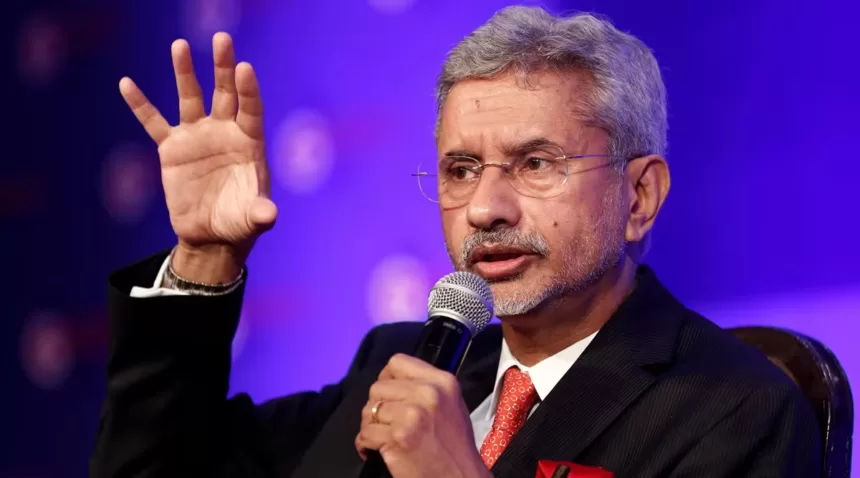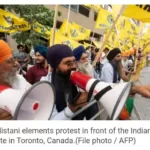In a resolute response to the ongoing India-Canada diplomatic tensions, External Affairs Minister S. Jaishankar emphasized that India, a robust democracy, does not require lessons on the concept of freedom of speech. Addressing a press conference in Washington DC, he made a veiled reference to Canada, underlining that freedom of expression should not be misconstrued as a license for incitement to violence.
Jaishankar’s assertion was rooted in the conviction that genuine freedom of speech upholds democratic values but does not encompass acts that fuel violence. He posed a rhetorical question, challenging other countries to contemplate their reaction if they were in India’s position, with their diplomats, embassies, and citizens facing threats and intimidation.
The External Affairs Minister did not shy away from discussing the attack on the Indian consulate in San Francisco in July, which allegedly involved pro-Khalistan supporters attempting to set fire to the consulate. While the incident resulted in no major damage or injuries, it remains under investigation by the authorities.
In this context, the United States issued a strong condemnation of the reported vandalism and attempted arson by pro-Khalistan supporters against the Indian Consulate in San Francisco. Jaishankar acknowledged the ongoing conversation regarding this incident, emphasizing that the India-U.S. relationship encompasses multiple dimensions and areas of cooperation.
The India-Canada row, coupled with the attack on the Indian consulate, has escalated tensions, prompting India to assert its stance on freedom of speech and its expectations of responsible diplomatic conduct. As this diplomatic standoff persists, it underscores the critical importance of maintaining diplomatic decorum and respecting the sovereignty of nations.
By ANI







